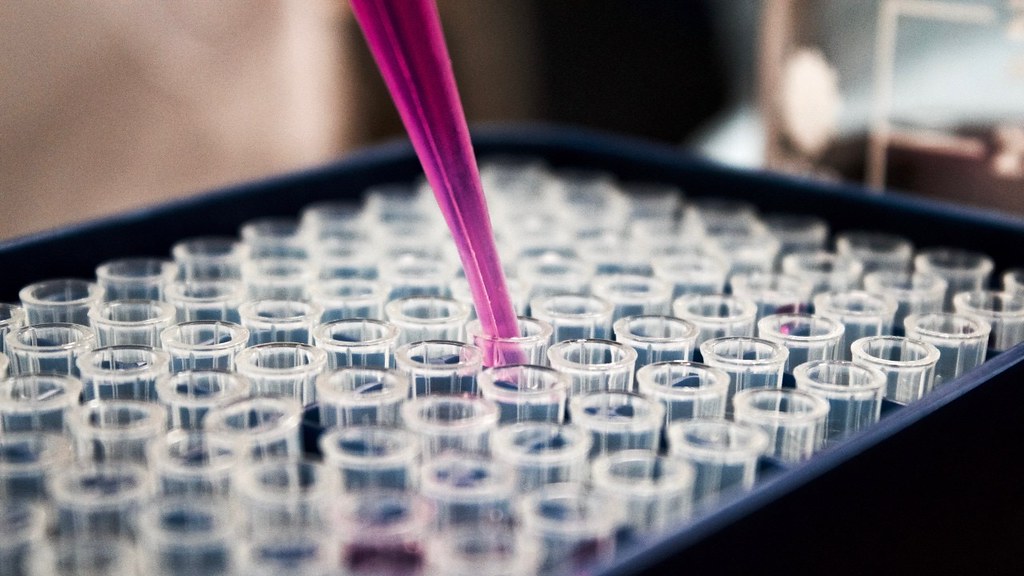New research from the Tobacco Control Research Group at the University of Bath, published in BMJ journal Tobacco Control, has mapped tobacco industry participation in scientific events such as conferences and workshops. This is the first study of its kind designed to understand how far the industry is attempting to integrate with the scientific community.
The study reveals that major tobacco companies British American Tobacco and Philip Morris International (PMI) reported their involvement in a large number and diverse range of scientific events over the past decade (although this declined somewhat in 2020, likely due to the Covid-19 pandemic).
The focus of these events ranged from areas where tobacco industry interest and activity are well-known (toxicology, chemistry and aerosol research), to dentistry, biomarkers and pharmaceuticals. This appears to reflect an increasing focus by tobacco companies on the development of newer tobacco and nicotine products, and their efforts to link these products to smoking cessation, as well as recent investments in pharmaceutical companies such as the PMI buyout of Vectura. The researchers express a particular concern that over 10% of the events were medicine-related and that some medical and dental organisations were still allowing industry participation, noting that in one instance, a PMI subsidiary directly sponsored an event organised by a medical society.
Tobacco industry involvement in science is not a new phenomenon – the industry has for decades attempted to create and maintain an image of scientific credibility, and its use of science to obscure the harms caused by its products and avoid unfavourable regulation is well documented.
Research shows that tobacco companies invested large sums of money in funding and disseminating research which claimed tobacco does not cause cancer, intentionally concealed the potential toxicity of their products as well as the addictive nature of nicotine, and created an international programme of scientific consultants to shape public opinion on second-hand smoke.
In response, measures were taken to address the overwhelming evidence of the tobacco industry’s scientific misconduct, including the dissolution of tobacco industry research bodies. Some journal editors, funding bodies, conference organisers and universities have also taken action or introduced policies to address tobacco industry influence on science.
But the industry is still actively engaging in and funding research. For example in 2017, PMI set up the Foundation for a Smoke-Free World (FSFW) with close to $1b funding which claims to “support medical, agricultural and scientific research”. Researchers have strongly challenged FSFW’s claims of independence and legitimacy.
Furthermore, industry research practices linked to new products, for example the reporting of tobacco industry-sponsored trials on e-cigarettes, and the conduct and reporting of interventional clinical trials studying the effects of heated tobacco products, continue to raise questions.
It's therefore concerning to see tobacco companies attending scientific events and having the opportunity to share and promote their messages. Given the industry’s history, the researchers argue that the public health community should take steps to address industry involvement in the scientific community. Further research is needed, but this new study emphasises the need to remain alert to the public health risks of industry manipulation of science.

